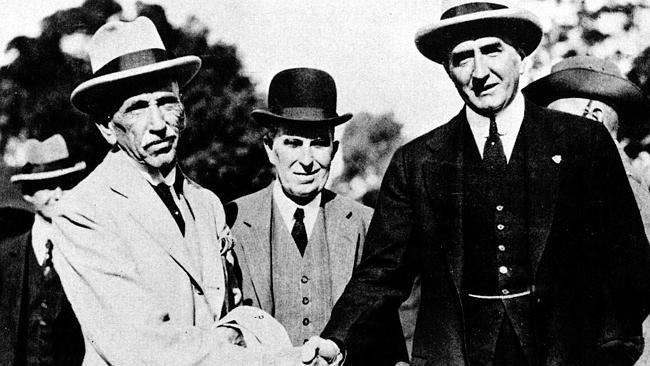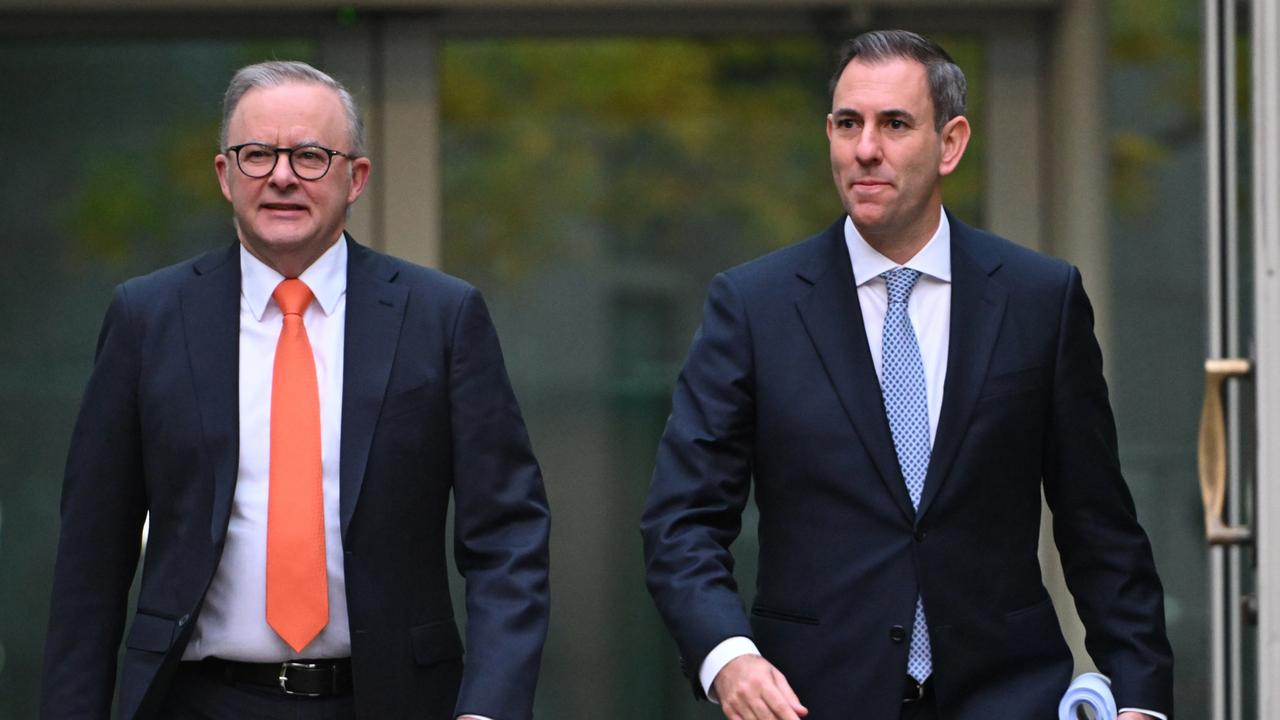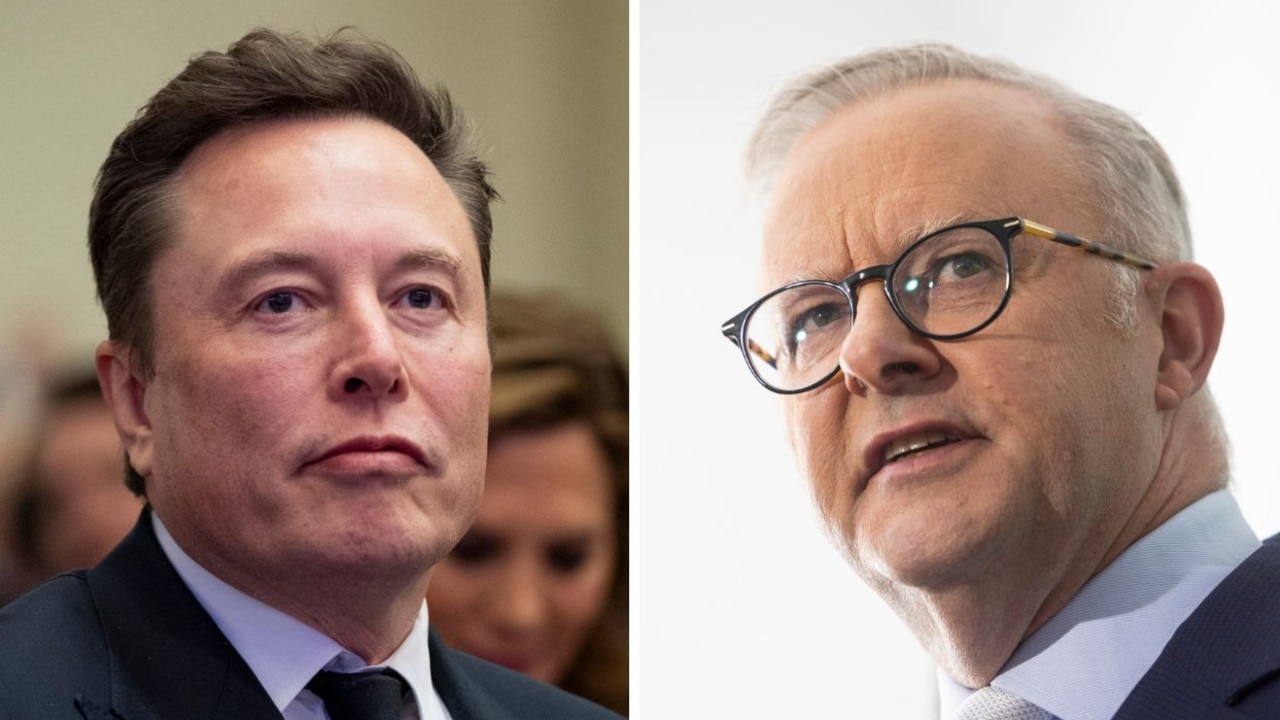Military service is the single biggest common factor among Australia’s prime ministers
YOU can be born with a silver spoon in your mouth or even a plastic one, and still be an Australian prime minister.

Analysis
Don't miss out on the headlines from Analysis. Followed categories will be added to My News.
YOU can be born with a silver spoon in your mouth or a plastic one, and still be an Australian prime minister.
You can attend a private or state school and work in a mine or as a despised “journo” – but if you want to step up your statistical chances of winning the top job, join the military.
The Commonwealth Parliament provides us with not merely 226 talented MPs but a wealth of trivia about our political history which, while hardly in robust competition with cat videos on YouTube, still attracts a fair online audience.
“Traits and trends of Australia’s Prime Ministers, 1901 to 2015’’ reveals that of the nation’s 29 prime ministers, from Edmund Barton to Malcolm Turnbull, 12 worked in the legal profession.
Five worked as journalists, three as teachers and two were miners. There’s a mixture of private and state school backgrounds but there’s just one impressive spike on the graph – a quarter of all PMs enlisted for military service.
Four saw active service (Stanley Bruce, John Gorton, Earle Page and Gough Whitlam) and two (Bruce and Gorton) were wounded.
Malcolm Turnbull, with a legal background, and Bill Shorten, with a background in the union movement, both have the required resumes for high office (five former PMs had a union background).
And while it may be a little late to don the fatigues and engage in live fire exercises, the pair need not fret too much about their absence of military training. We haven’t had a prime minister who went to war since John Gorton.
But sending people off to fight battles in the decades ahead might become a delicate exercise if our PMs continue to shun military experience.
A study by America’s military sociologist Charles Moskos once found that people living in a democracy become less willing to sustain military engagements if leaders don’t serve in the armed forces.
Originally published as Military service is the single biggest common factor among Australia’s prime ministers


